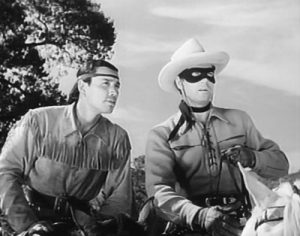 I started this piece before we were all sheltering in place. Working alone, in isolation, has taken on an entirely new meaning. Yet the need for collaboration, the need to connect with others may have become even more acute. We’ve found new ways to create the connections and work together to create the teams in which we’re able to accomplish more than any one person can do alone.
I started this piece before we were all sheltering in place. Working alone, in isolation, has taken on an entirely new meaning. Yet the need for collaboration, the need to connect with others may have become even more acute. We’ve found new ways to create the connections and work together to create the teams in which we’re able to accomplish more than any one person can do alone.
Human beings weren’t meant to work in isolation. Not today.
Humans are meant to collaborate. None of got to where we are in our careers on our own, we all had help. No one gets there alone.
When you fall on hard times, you didn’t get there alone either. Something happened. Economic downturn, corporate restructuring, the boss’s nephew needed a job.
Lots of times organizations “go in different directions.” Reorganize, reengineer, restructure, redirect, reduce redundancies. It seems that no word that starts with “re” means something good for employees. But remember that “reward” starts with those letters. So does recognition. Nothing is black and white anymore. There are two sides to every coin, and it seems the coin is spinning on a razor’s edge and there’s nothing you can do to make sure it comes up heads. But the more people you know, the more people you have on your side increases the likelihood that you’re going to come out alright. It’s called building your network.
Your network is something you have to pay attention to only when you need it.
And you always need it.
You can’t wait until your job is at risk, or you have a problem to tap into your network. That’s too late. You need to tend your network all the time because you never know when you’re going to need it. If your job is at risk because of some corporate “re” word then the more people you have in your network who know you and the good work you do increases the likelihood that the RIF winds will pass you by. You didn’t get to some lofty position on your own, you had help. And you didn’t find yourself on the brink of elimination on your own. Someone else had something to do with that as well.
It won’t be your knowledge, your skills, or your talent that will save you. All the people in the organization have those to some degree. It’s going to be the people you know, the people who like you, trust you, and want to work with you, your collaborative skills, your network that will keep the building pass on your phone and your 401k accruing interest.
No one gets there alone.
Even the Lone Ranger had Tonto.




